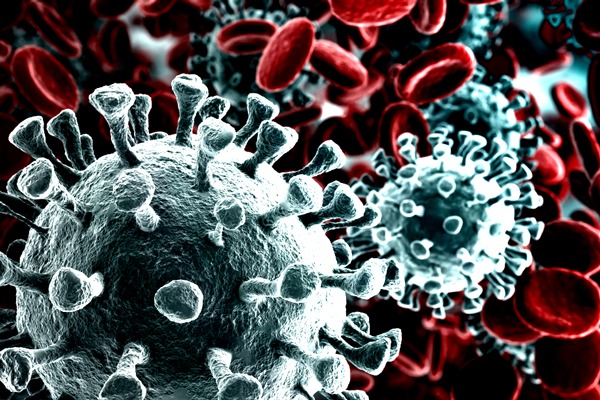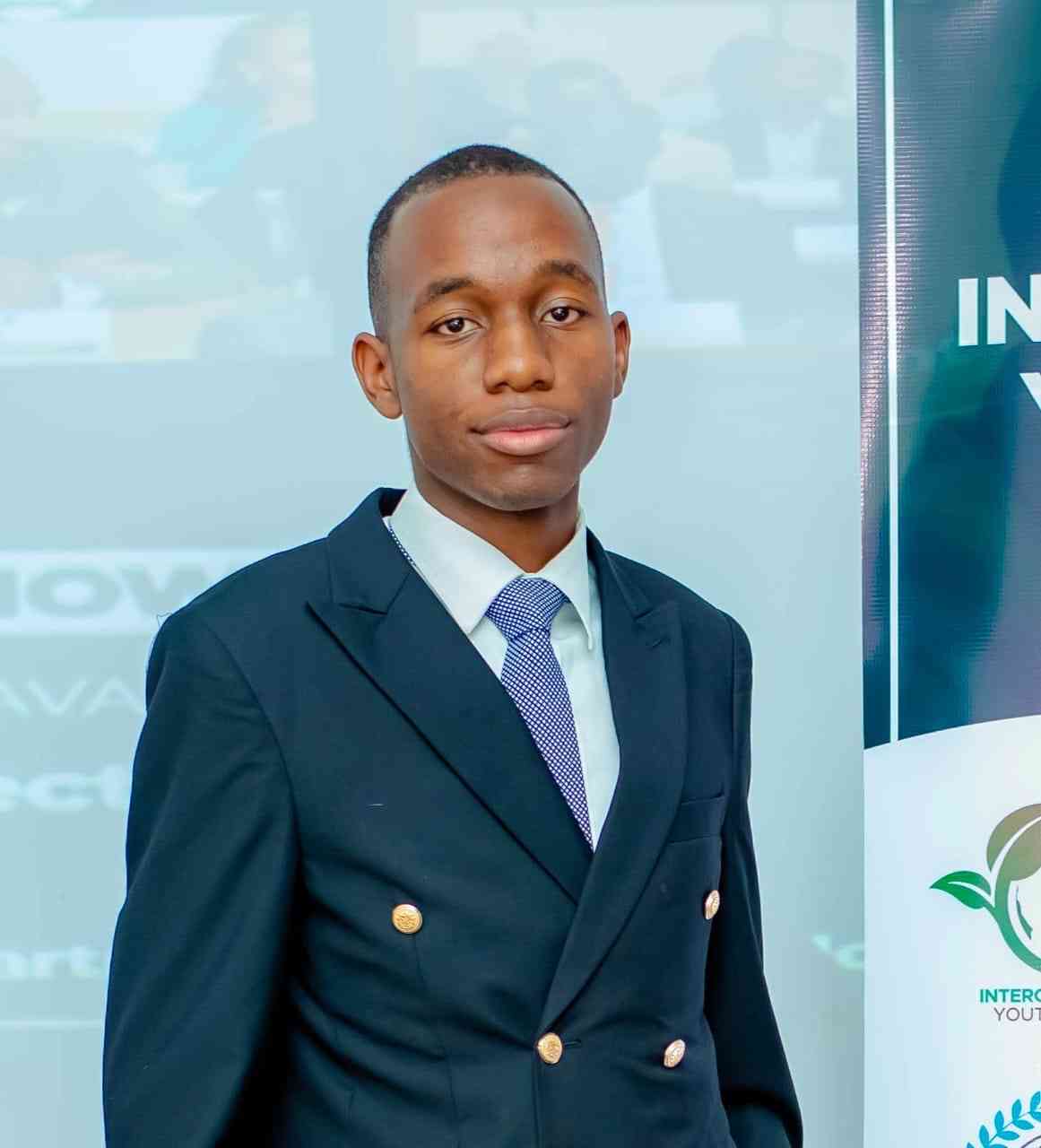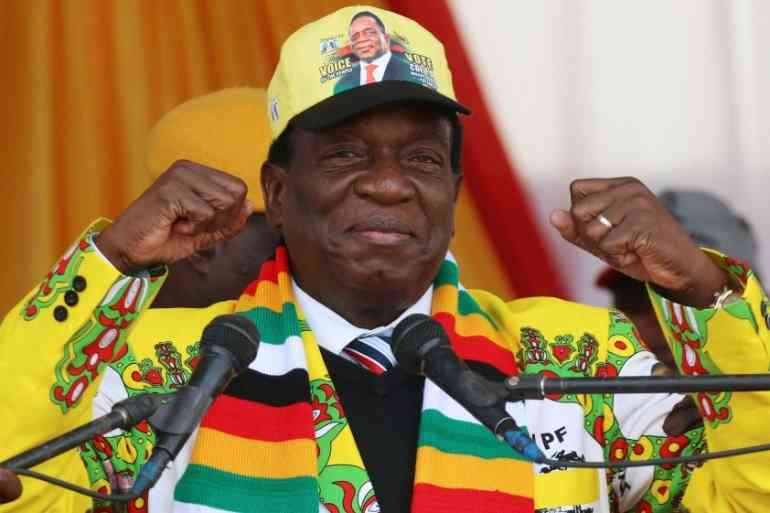
HEALTH experts have warned that the official COVID-19 statistics disclosed by government were only a tip of the iceberg amid concerns that many cases were going untested as infections and deaths in Zimbabwe continue on an upward trajectory.
BY HARRIET CHIKANDIWA/REX MPHISA
Zimbabwe has recorded 1 713 COVID-19 infections and 26 deaths so far, with Harare and Bulawayo the epicentres of the disease having 489 and 525 cases respectively.
Zimbabwe Association of Doctors for Human Rights secretary Norman Matara yesterday called on the Health ministry to intensify testing in other provinces.
“We have recorded high numbers in Bulawayo and Harare, but we are not really testing in other towns or provinces.
If you look at the latest update from the ministry only 39 tests were done in other provinces, so it would appear as if Harare and Bulawayo are the main hotspots, but let’s also increase the tests in other provinces because we might be misguided that Harare and Bulawayo are the only hotspot areas. Other provinces might be having infections, but they are not testing enough,” he said.
Matara said the lockdown was important in minimising infections, but the most important thing was to slow down the rate of infection and flatten the curve to make sure that hospitals can cope.
“Our hospitals are not working at the moment. The first point of call for the government is to make sure that hospitals are functioning. Hospitals are not ready, nurses are not working, doctors are threatening to go on strike, there is no equipment in the hospitals, we have a dysfunctional health system which is not prepared to deal with a severe case of COVID-19 so we have to make sure that our health system is functional and have PPE (personal protective equipment) for all health workers,” Matara said.
- Chamisa under fire over US$120K donation
- Mavhunga puts DeMbare into Chibuku quarterfinals
- Pension funds bet on Cabora Bassa oilfields
- Councils defy govt fire tender directive
Keep Reading
Information minister Monica Mutsvangwa, in a statement after the national taskforce on COVID-19 meeting yesterday, raised concern over local transmissions that have “exponentially risen from 286 to 791 in a week”.
The national taskforce emphasised that to curtail further transmissions those isolating at home — asymptomatic patients — should adhere to the set conditions and measures agreed with the health authorities.
“Measures are being put in place to penalise those who flout isolation regulations,” she said.
The taskforce also ordered that the Chinhoyi University of Technology which recorded an infection should undertake all necessary and sensible steps to close.
The government through the Foreign Affairs ministry is facilitating the transportation of returning Zimbabwean students from across the globe, through repatriation flights, the minister added.
Responding to the spike in COVID-19 cases, Information permanent secretary Ndavaningi Mangwana yesterday in a tweet said: “There are some cases of deaths which are awaiting test results on whether COVID-19 was the cause. Security is being tightened to ensure only essential services can be allowed through to CBDs. We apologise for any inconveniences.”
Community Working Group on Health executive director Itai Rusike said Zimbabwe should build an effective COVID-19 strategy around testing, case tracing and quarantining.
“Areas with high COVID-19 local infections and population densities such as Bulawayo, Harare, including border towns like Beitbridge, Plumtree and Victoria Falls may need a tighter lockdown given the higher levels of local transmission figures and high mortality rates,” Rusike said.
He said there was an urgent need for the government to prioritise high-risk workers such as the frontline health workers by providing PPE and a safe working environment.
Rusike also said the subsidised Zupco buses were overwhelmed and did not have capacity to service the commuting public, hence the need for the government to consider allowing other operators to start operating under strict conditions to avoid the current situation where passengers are not observing social distancing on open trucks and lorries.
“In the absence of a vaccine, Zimbabweans have to embrace the new normal and the government has to enforce the compulsory wearing of face masks in public places and the general public have to continue observing social distancing and practising high levels of personal hygiene, especially regularly washing of hands with running water and soap and use of alcohol-based sanitisers,” he added.
A senior health official in Beitbridge also called for testing of all soldiers and police officers currently deployed to the border town after South Africa withdrew 40 members of its army posted on the border with Zimbabwe for testing positive to COVID-19.
South Africa, sitting at number five on the global infection statistics board after the United States, Brazil, India and Russia, has over 364 328 COVID-19 cases and 5 033 deaths. Most cases recorded in Zimbabwe were from returnees from South Africa, Botswana, among other countries.
“It’s common cause these police interact with the same people that may have exposed SA soldiers,” said the Health official speaking on condition of anonymity.
“Several SA institutions, including their side of the border post, Musina Police Station and several others, have been closed for decontamination when some staff members tested positive and that could easily be our case,” the official said.
A senior police officer in Masvingo also expressed fear that State security personnel could have been exposed to the virus.
“The same people travelling between Zimbabwe and SA interact with officials and people of both countries and can easily expose those on the front, thus spreading the disease. Obviously if SA soldiers were exposed by travellers, the same could have exposed our soldiers and police too,” the police officer said.
The official said it was in the national interest to test all police officers and soldiers who were recently in Beitbridge.
“It’s either that or we will all be sick. A bold decision has to be taken now. We hear of their activities at Beitbridge,” he said.
A survey by Bulawayo-based civil society group, Habakkuk Trust, revealed that Matobo and Bulilima districts in Matabeleland South were receiving an influx of illegal returnees, mostly from Botswana and South Africa.
In its report, Habakkuk Trust said communities living along the Zimbabwe-Botswana border were living in fear of an implosion of the coronavirus pandemic as the number of illegal returnees in the areas continues to increase.
Some security personnel deployed along the border have been accused of accepting bribes to allow illegal entries.











